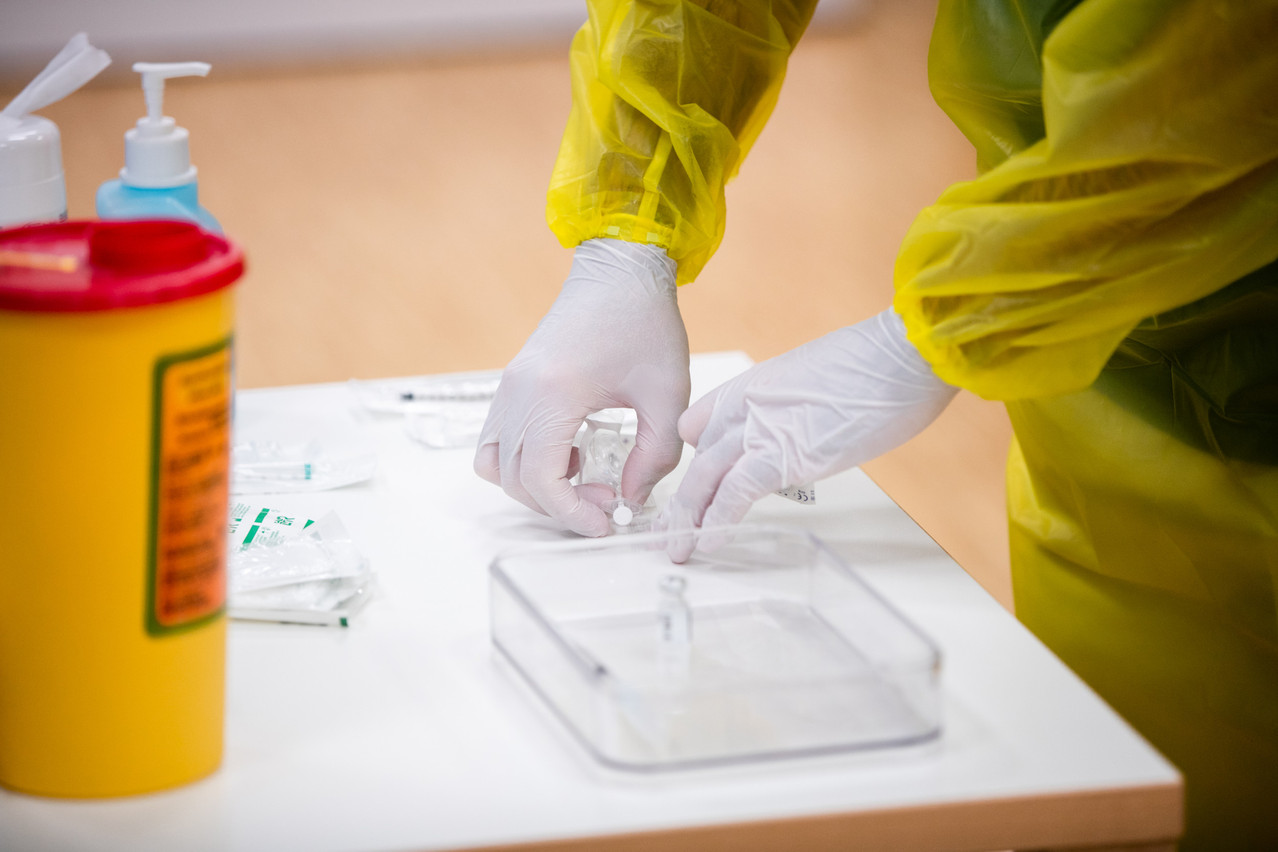Each week, the National Health Laboratory (LNS) delivers an analysis of covid-19 cases as part of its Revilux study. For the week of 28 June to 4 July, the LNS sequenced 61.5% of positive cases in Luxembourg, of which the majority (72.4%) turned out to be the so-called P1, Gamma (or Brazilian) variant. Gamma now exceeds the B.1.617, Delta (Indian) variant, which had been dominant in the week of 14 to 20 June. Some 25.4% of cases are now of the Delta variant, followed by just at 1.1% of cases of the B.1.1.7, Alpha (English) variant.
"This increase [in the Gamma variant] is related to the increase in new infections noted during the National Day celebrations on 23 June.,” the ministry of health explains . "It should also be noted that, thanks to contract tracing, chains of transmission have meanwhile been broken."
On the World Health Organisation (WHO) website, both Gamma and Delta are designated as "of concern", meaning they are associated with "one or more of the following changes: increased transmissibility, increased virulence, decreased effectiveness of public and social health measures or available diagnostic tools, vaccines and treatments".
